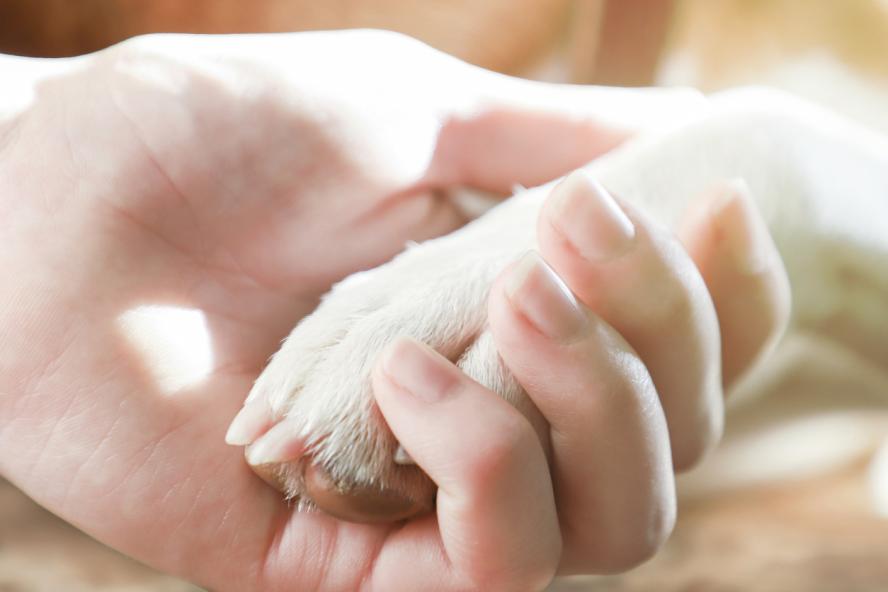-
About
- Leadership & Faculty
- News & Events
-
Academics
- Graduate
- Advanced Clinical Training
- Continuing Education
-
Student Life
-
Research
-
Hospitals & Clinics
- Emergency Care
- Hospital Services
-
Community Outreach
- Volunteer
Dream Team
MAPP class of 2021 students place in animal welfare contest

Three hypothetical care scenarios were posed at the 21st annual Animal Welfare Assessment Contest: psittacines (or parrots) as pets, cats in a research setting, and boar studs. Four Cummings students from the MS in Animals and Public Policy (MAPP) program’s class of 2021—Clara Dell, Sara Pantel, Sky Sobol, and Kirsten Welborn—and Cassandra Munroe, V24, assessed the scenarios, weighed evidence, and presented their evaluations using their knowledge of each species, and critical thinking and reasoning skills.
Their efforts paid off. The MAPP team placed fourth, and Pantel and Dell placed first and third, respectively, in the graduate student division—beating students from historical powerhouses like Michigan State (MSU).
Welborn, who coached this year’s team and had participated during her undergraduate career at MSU, says she had never seen anyone more excited to take fourth place. “It was exhilarating to be a brand new team.”
The group met weekly over Zoom for months prior to the competition, including Munroe who competed separately. After reading and sharing as much literature on the three species as possible, finally presenting their findings, Welborn says, “was a blast.” Adds Munroe, “The biggest highlight of this experience was getting to meet and work with Sara, Clara, Sky, and Kirsten each week. I learned so much working with them and gained four great friends through the process!”
“The competition offered an opportunity for students to hear from international animal welfare experts, as well as network with staff and students from across the country,” said faculty coach Emily McCobb (D.V.M., MS, DACVAA Clinical Associate Professor of Anesthesiology and also directs the school’s Shelter Medicine Program).
As Dell presented her arguments for the cats in research study, she did so to an expert she had cited in her presentation. She also learned how many factors truly contribute to an animal’s welfare, she says, “and I think it will make me so much more conscious of an animal’s surrounding in the future.”
“There are some really tough welfare issues,” adds Pantel, “in areas like animal agriculture and captive wildlife that don’t have easy solutions. But hearing from experts about how they are beginning to tackle these problems is really inspiring.”
Sobol says she was honored to have entered with this group: “My teammates did an incredible amount of work and brought an intense passion.” To place felt amazing and validating of their work, says Pantel. “We didn’t go into the competition expecting to place at all, but, looking back, we put in a lot of effort.”
McCobb adds, “I am beyond proud and so thrilled with how they did.”